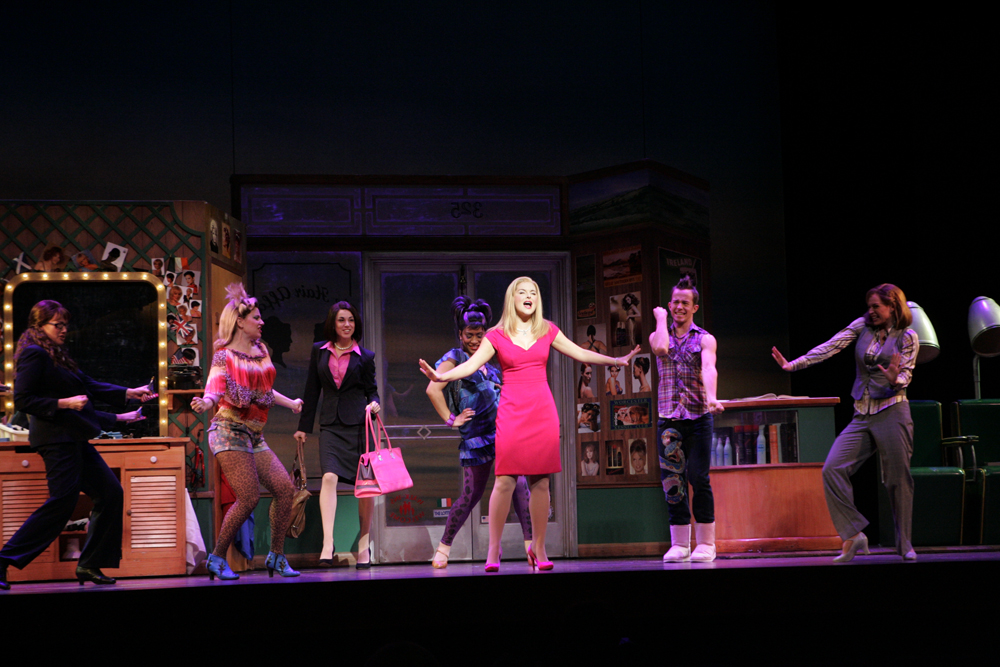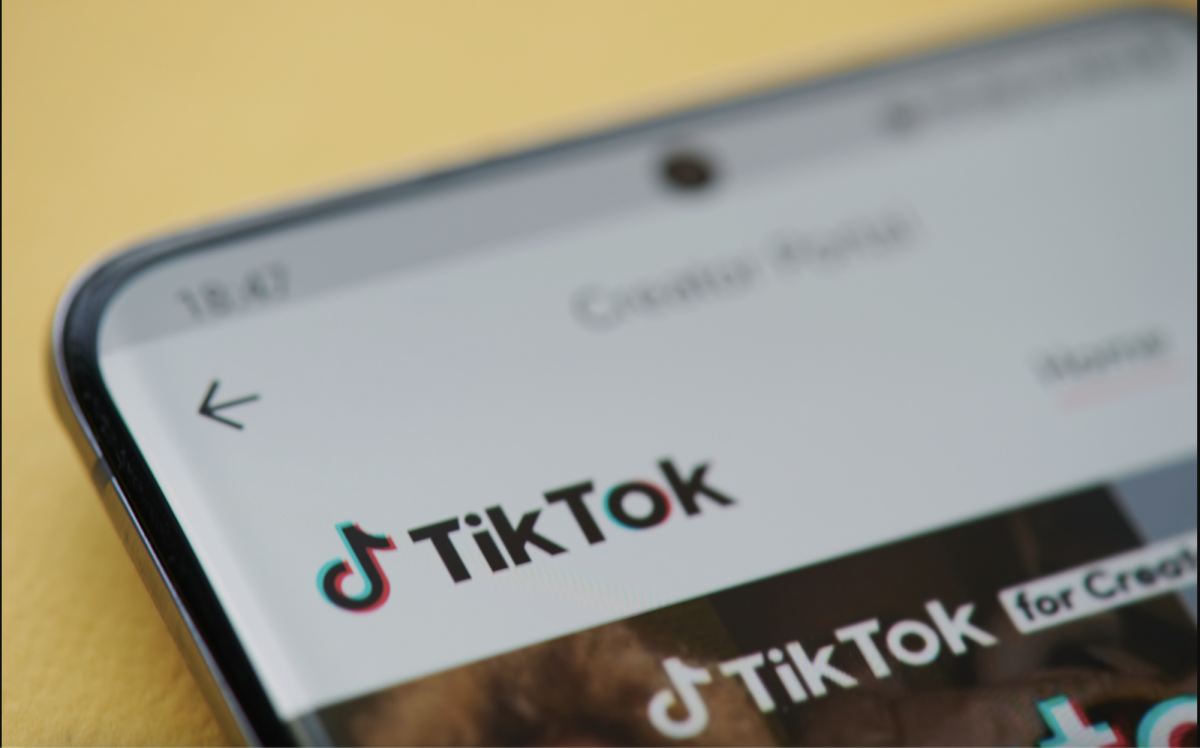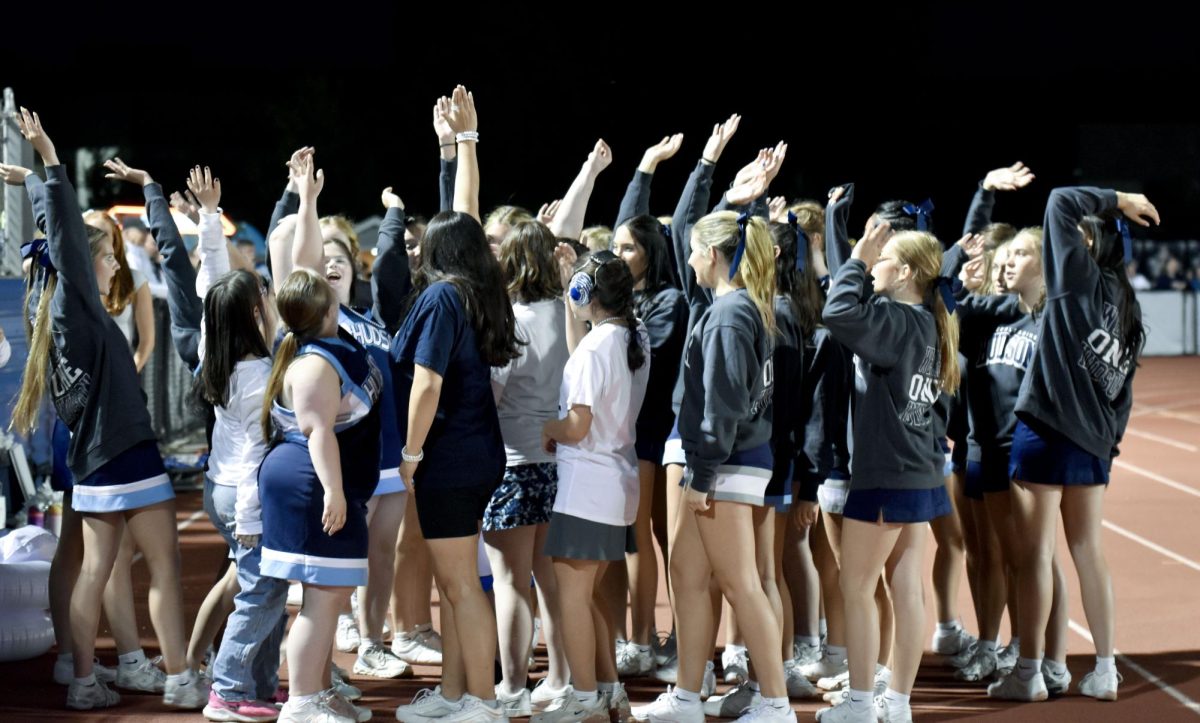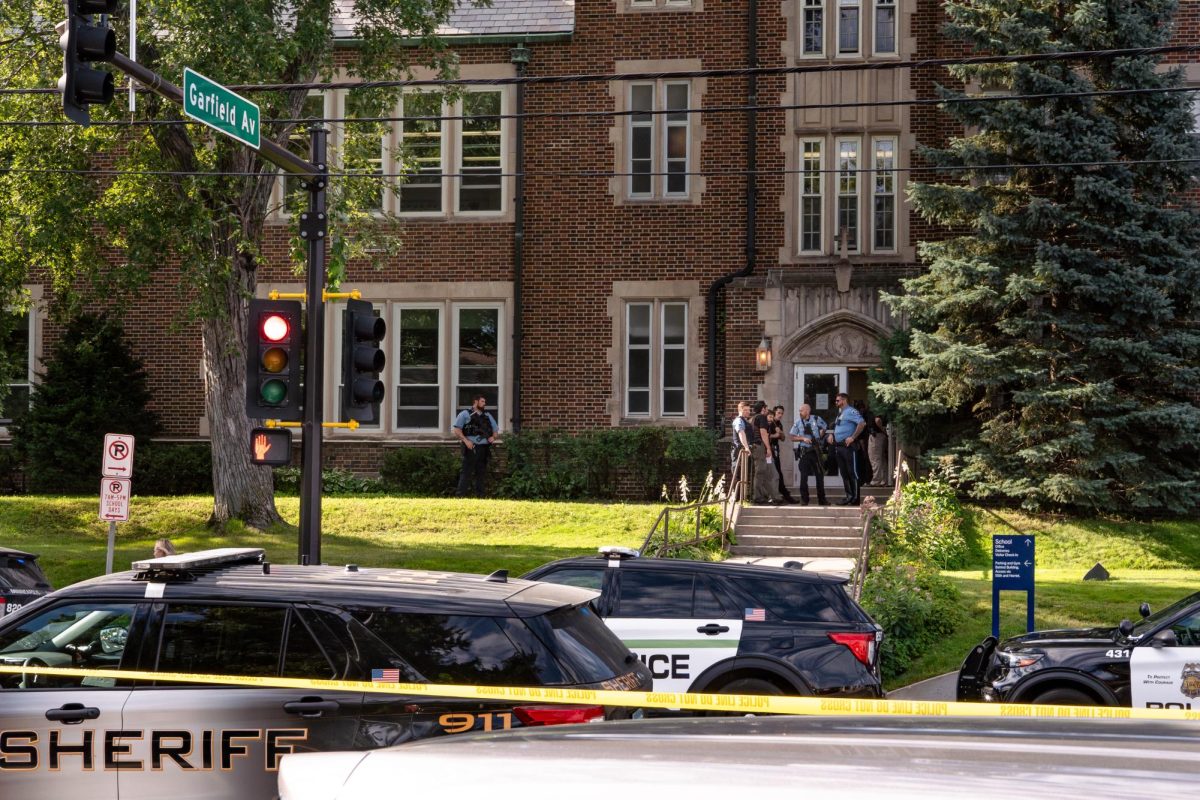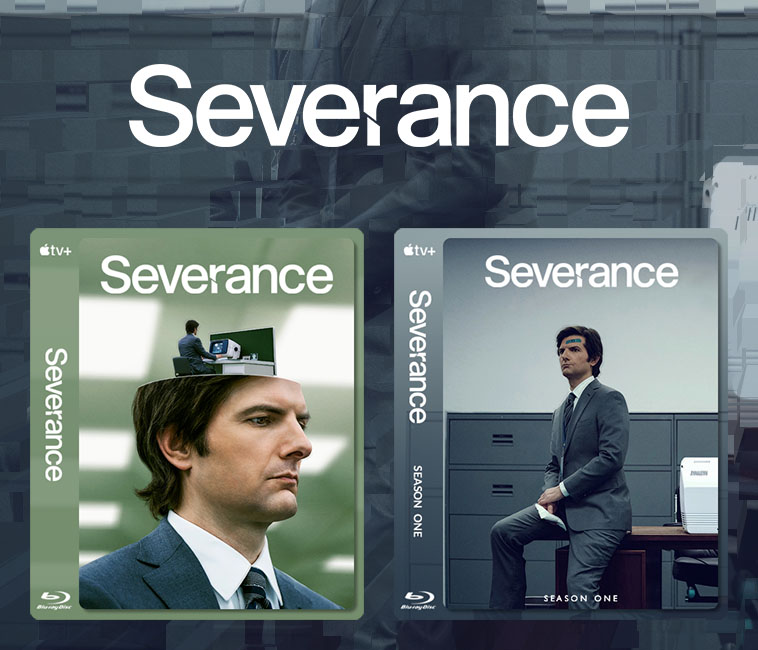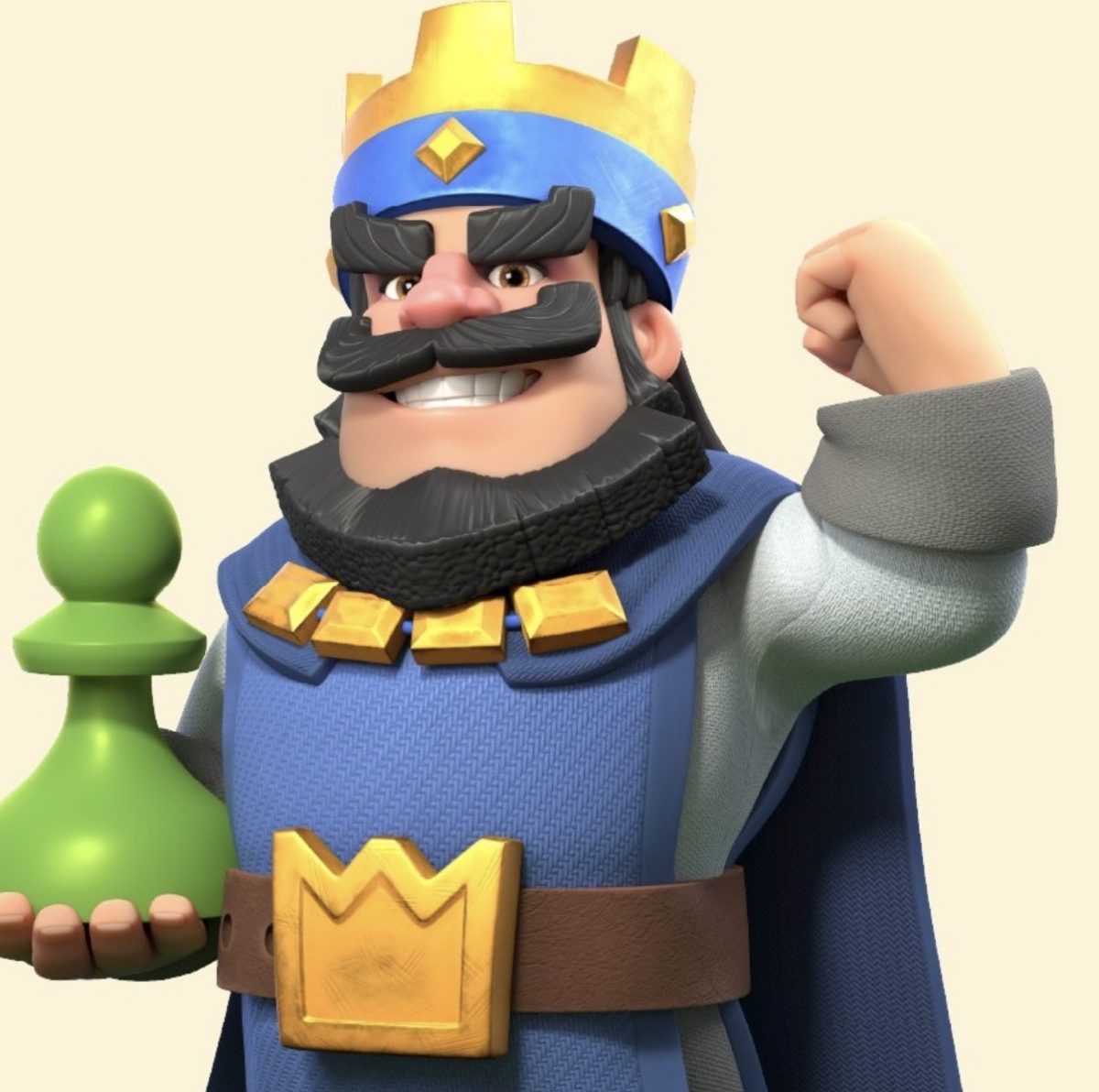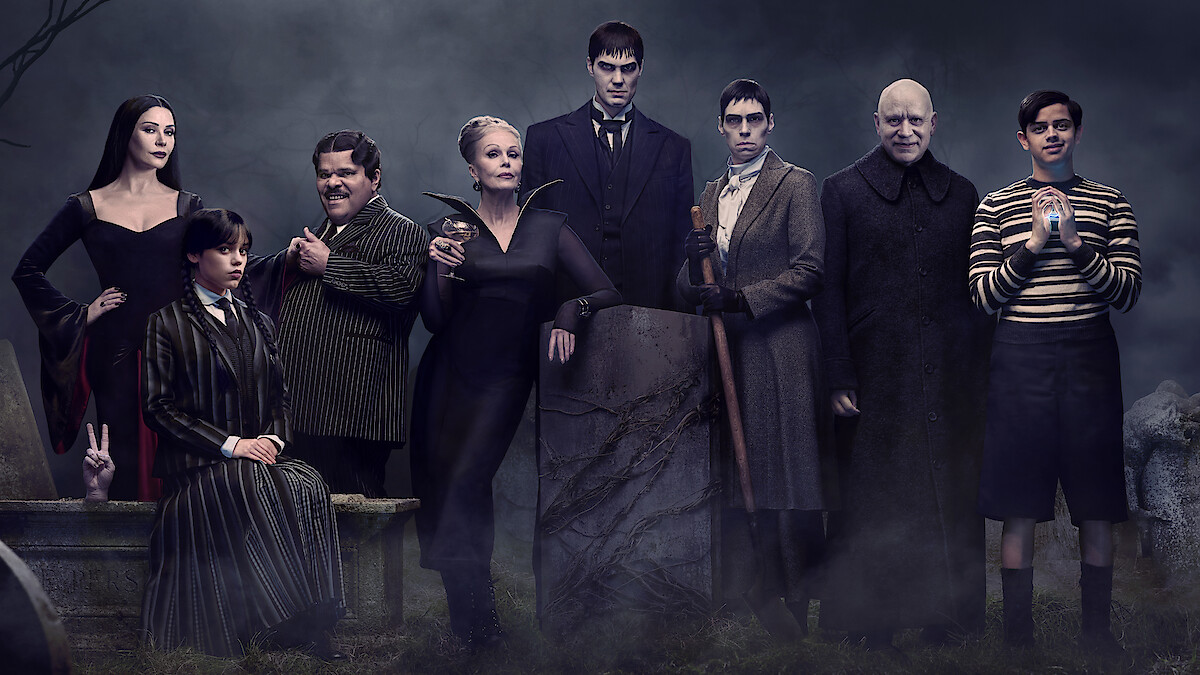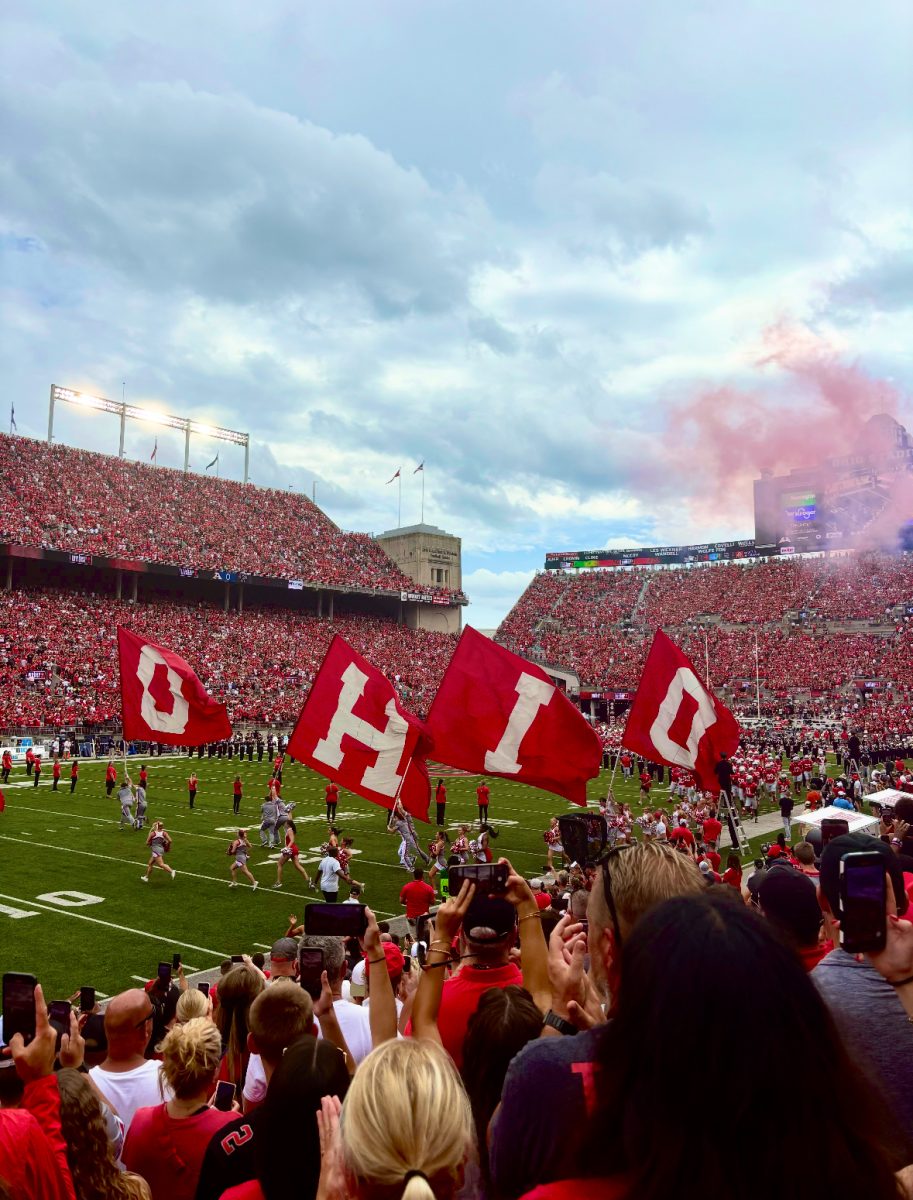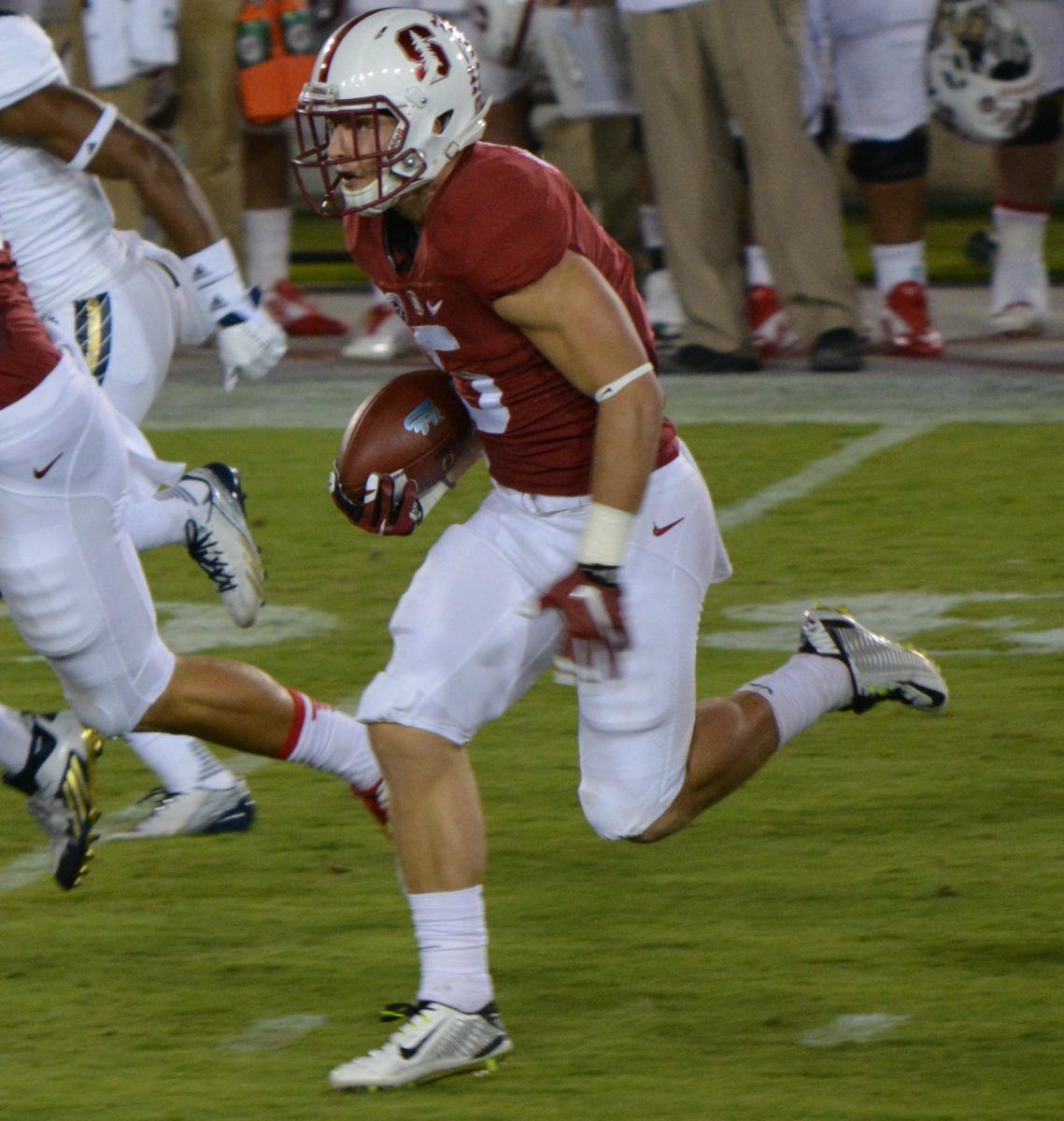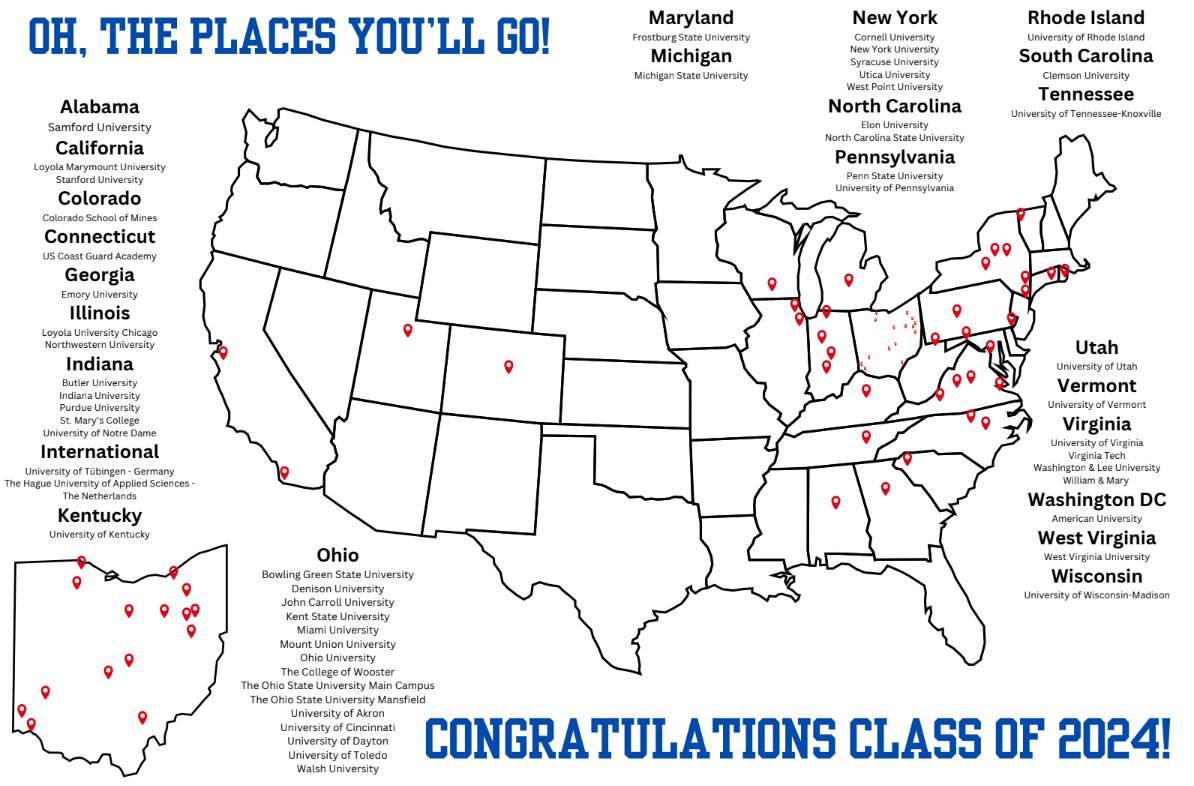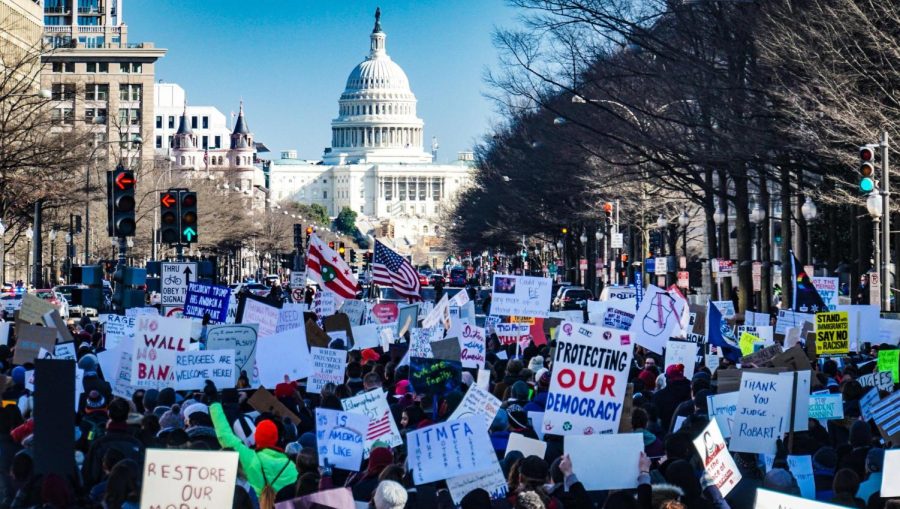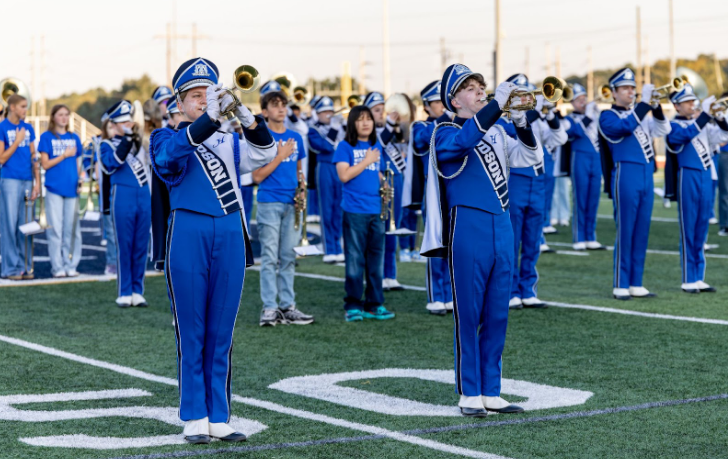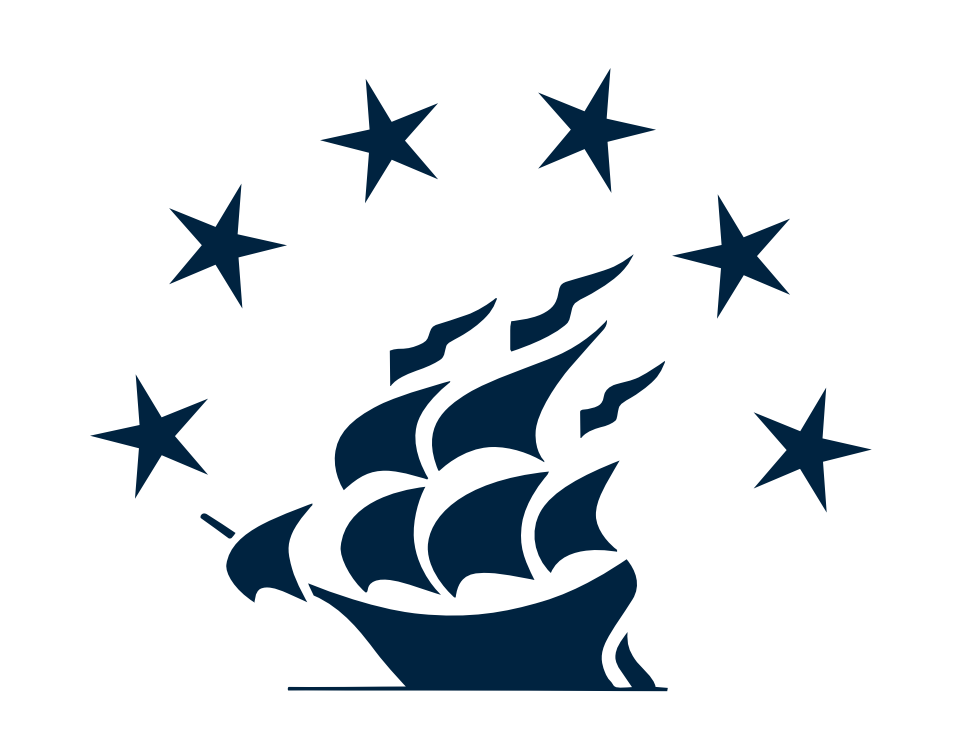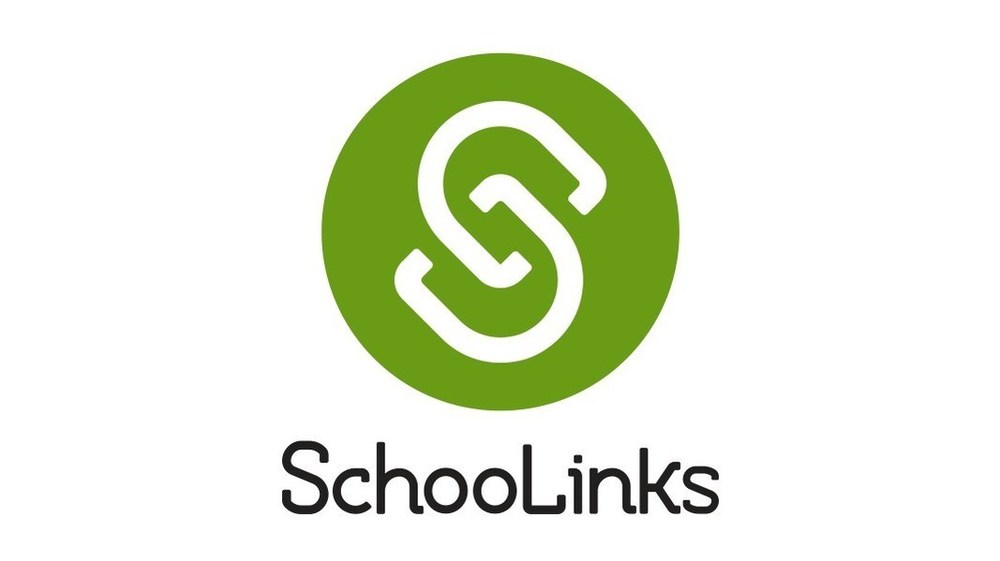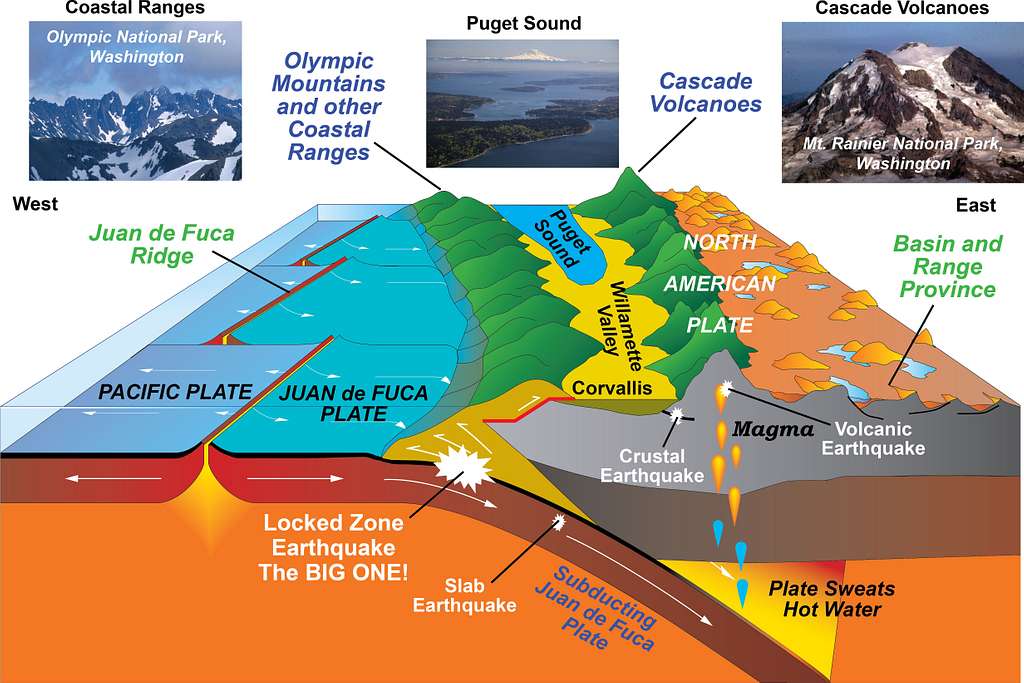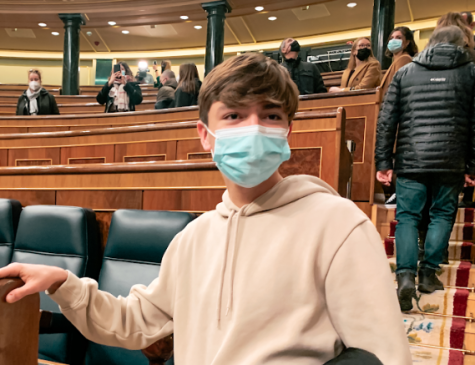The blessed democracy. The perfect system where everyone is happy. The term that advocates that the people should “govern themselves.” Well, at least that’s what you’ve been sold. And you, like so many others before you, have bought the story. The term comes from ancient Greece. It was first used in Athens in the 5th century BC from the words “demos” (people, population) and “kratos” (government, power, authority), which means a government of the people. In other words, democracy is a system where the people decide their own future.
I will not talk about the hundreds of electoral systems that do not really represent the will of the people. I could write a book criticizing that in the United States. For example, a vote is not worth the same in different states and that you also do not need to have more votes than your opponent to be elected (as seen in 2016 with Donald Trump). We know all this – we know that voting for a party every four years does not mean that the people decide, and we also know that we do not have a policy to kick them out if they fail to keep their promises. We know that we do not have a true democracy, so why are we still using it?
The problem with our democracy is very simple: the most prepared do not win, the one who promises the most wins. As a consequence, politicians do not want to implement the best policies for the country. Instead, they think of the most popular policies to gain the trust of ignorant citizens. Politics has become a theater where image is more important than real changes that improve people’s lives. The worst of all is that political marketing does not end after the elections – when they come to power, they make important decisions thinking only of their electoral profit in the next elections. They are not prepared to make unpopular decisions that are necessary for the long-term common good. Instead, we have advertising agencies ruling everything.
Let’s imagine, for a moment, that we have a politician who keeps his electoral promises. He does not have time to implement his program because when he delivers results, he will again have to participate in an election campaign that will force him to govern in the short term. That is the reason it is easier to subsidize or give aid than to spend eight years reforming unnecessary state spending to transform the country’s economy. The voter doesn’t understand that big reform; they only understand a $200 handout and a speech against climate change. We like to hear simple, easy and quick solutions, and that is exactly what politicians give us. A country needs rulers who think long term, not marketing and empty promises. The voter does not have enough knowledge to make a truly informed decision.
But, at least, “the people decide and not a group of powerful people,” right?
Well, politicians have lied to you again. Democracy is the decision of the majority that is imposed on the minority, but that decision of the majority is directly conditioned by the influence of another smaller minority that manipulates the majority. They are called the media. In other words, policies end up being decided by a small minority. Not to mention the role of the big companies that pay money to politicians to defend proposals that benefit those companies. Or not to mention the great power and influence that Facebook and other networks have over the vote of the majority.
In short, we do not have democracies, but even if we had them, they do not work properly. The majority of citizens who make decisions are influenced by the powerful media, and furthermore, citizens do not have enough knowledge to decide on technical and complex policies. As a consequence, the best does not win – the one who promises the most in the short term wins.

